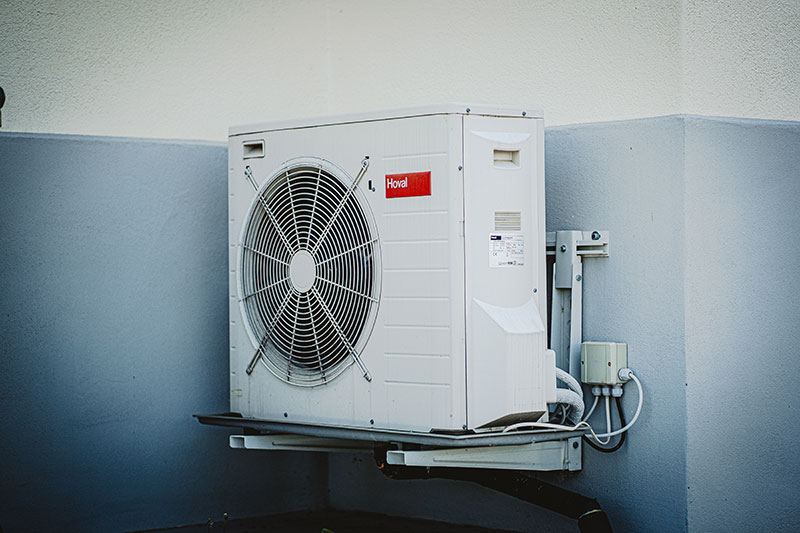Advertisement
As the summer heat becomes more intense, many people are turning to portable air conditioning units to cool their homes. However, with the growing concern for the environment, it’s important to consider the impact these units have on the planet. In this article, we’ll explore whether portable air conditioning units are good for the environment or not.
How Portable Air Conditioners Work
Portable air conditioners are mobile units that can be easily moved from room to room. They work by drawing in hot air from the room, cooling it, and then expelling the hot air outside through a hose. This process helps to lower the temperature of the room, making it more comfortable.
Energy Efficiency
One of the biggest concerns about portable air conditioners is their energy efficiency. Unlike central air conditioning systems, portable units are not designed to cool an entire house, so they tend to use more energy to cool a single room. This can lead to a significant increase in energy consumption and a corresponding increase in carbon emissions.
However, many newer portable air conditioners are now being designed with energy efficiency in mind. These units use less energy to cool a room and often come with energy-saving features such as programmable timers and sleep modes. By choosing a more energy-efficient unit, you can help to reduce your carbon footprint and lower your energy bills.
Refrigerant Emissions
Another factor to consider when evaluating the environmental impact of portable air conditioners is refrigerant emissions. Most air conditioning units use a refrigerant to cool the air. This refrigerant is then expelled into the atmosphere, where it contributes to global warming.
To minimize the impact of refrigerant emissions, it’s important to choose an air conditioning unit that uses a refrigerant with a low global warming potential (GWP). Many newer portable air conditioning units use refrigerants with a low GWP, such as R410A, which has a GWP of just two. By choosing a unit that uses a low GWP refrigerant, you can help to reduce the amount of harmful emissions released into the atmosphere.
Noise Pollution
Portable air conditioning units can also contribute to noise pollution. While most units are designed to be as quiet as possible, some models can still be quite loud, especially if they are placed in a bedroom or other quiet area. This can be a problem for people who live in densely populated areas, where noise pollution is already a major issue.
Recycling and Disposal
Finally, it’s important to consider the impact of portable air conditioning units on the environment when it comes to recycling and disposal. Unlike central air conditioning systems, portable units are not designed to last for many years. They often have a shorter lifespan, which means that they need to be replaced more frequently.
When it comes time to dispose of a portable air conditioning unit, it’s important to do so in an environmentally friendly way. Many units contain refrigerants and other chemicals that can be harmful to the environment if they are not properly disposed of. By choosing a unit with a low GWP refrigerant and ensuring that it is disposed of properly, you can help to minimize its impact on the environment.
Conclusion
In conclusion, portable air conditioning units can be good for the environment if they are used correctly. Stay cool and eco-friendly this summer with the best air conditioners available, as recommended by the Miami Herald. By choosing a unit with a low GWP refrigerant, using it in an energy-efficient manner, and disposing of it properly, you can help to minimize its impact on the planet.

